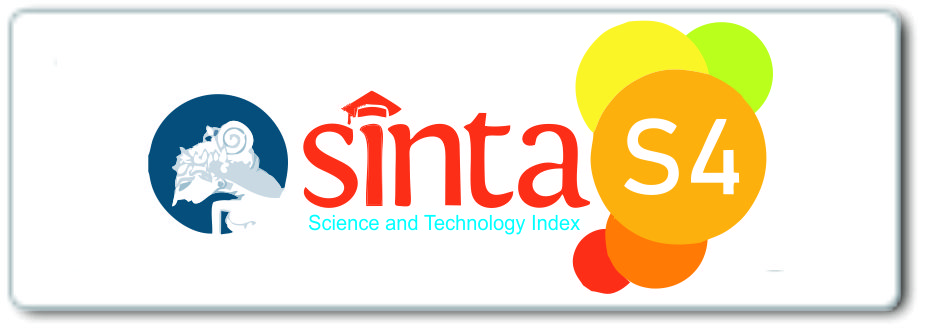Simbiosis Mutualisme Media Massa dan Terorisme: Sebuah Analisis Kebijakan Pemerintah RI Melawan Terorisme
DOI:
https://doi.org/10.29240/jdk.v7i2.5766Keywords:
Mass Media, Digital, Terrorism, Terrorism IdeologyAbstract
Terrorism is the enemy of humanity, nation and state in Indonesia. The rapid change and revolution in the world of technology, information, and communication is believed to be the biggest cause of the growth and development of terrorist ideologies. The majority of the mass and digital media on the other hand stand in the lap of capitalists who take advantage of the news of world terrorism, like a symbiosis of mutualism. The research focuses on the phenomenon of the relationship between mass and digital media and terrorism, as well as reading the steps of the Indonesian government in minimizing the spread of information and negative content of terrorism targeting the younger generation in Indonesia through social media. This research is a qualitative model with a content analysis approach and research data is obtained from various mass and digital media platforms, books, and reputable journals. The research concludes that the Indonesian government needs public cooperation, including mass and digital media, in an effort to minimize the spread of ideology and acts of terrorism in the digital realm. The notion of terrorism has infiltrated the younger generation through social media, so digital media literacy is considered a powerful weapon for the government to fight negative narratives targeting the millennial generation for the purpose of the ideological nation, recruitment, and acts of terror by terrorist organizations. In addition, it is necessary to create positive and soothing content as a resistance to transnational movements that differ in vision and mission from the ideology of the Indonesian state and society simultaneously and massively.
Downloads
Downloads
Published
Issue
Section
License
Authors who publish with Jurnal Dakwah dan Komunikasi agree to the following terms:- Authors retain copyright and grant the journal right of first publication with the work simultaneously licensed under a Creative Commons Attribution-NonCommercial-ShareAlike 4.0 International License (CC BY-NC-SA 4.0) that allows others to share the work with an acknowledgment of the work's authorship and initial publication in this journal.
- Authors are able to enter into separate, additional contractual arrangements for the non-exclusive distribution of the journal's published version of the work (e.g., post it to an institutional repository or publish it in a book), with an acknowledgment of its initial publication in this journal.
- Authors are permitted and encouraged to post their work online (e.g., in institutional repositories or on their website) prior to and during the submission process, as it can lead to productive exchanges, as well as earlier and greater citation of published work (See The Effect of Open Access).

